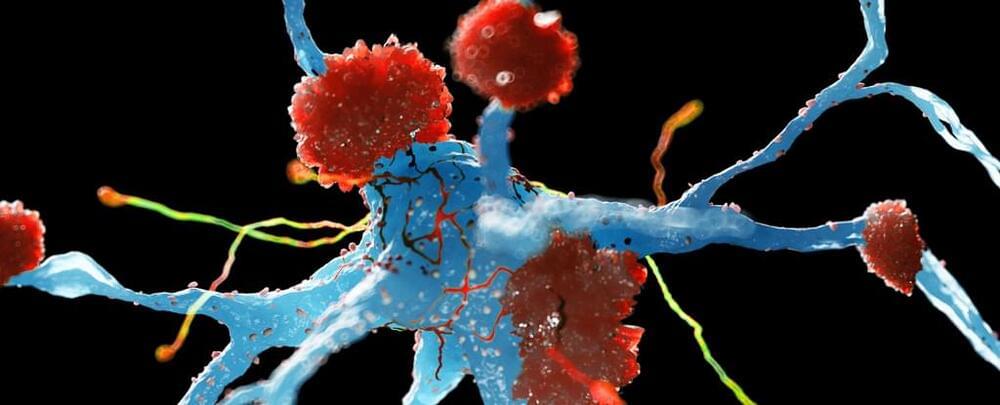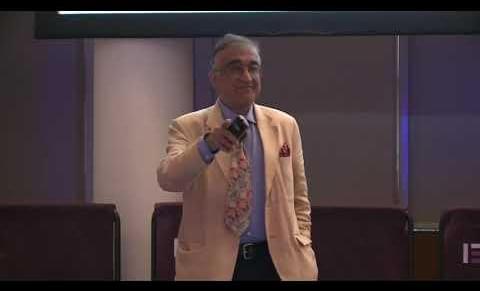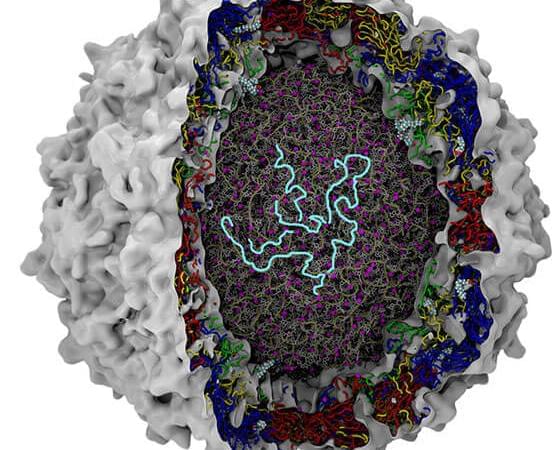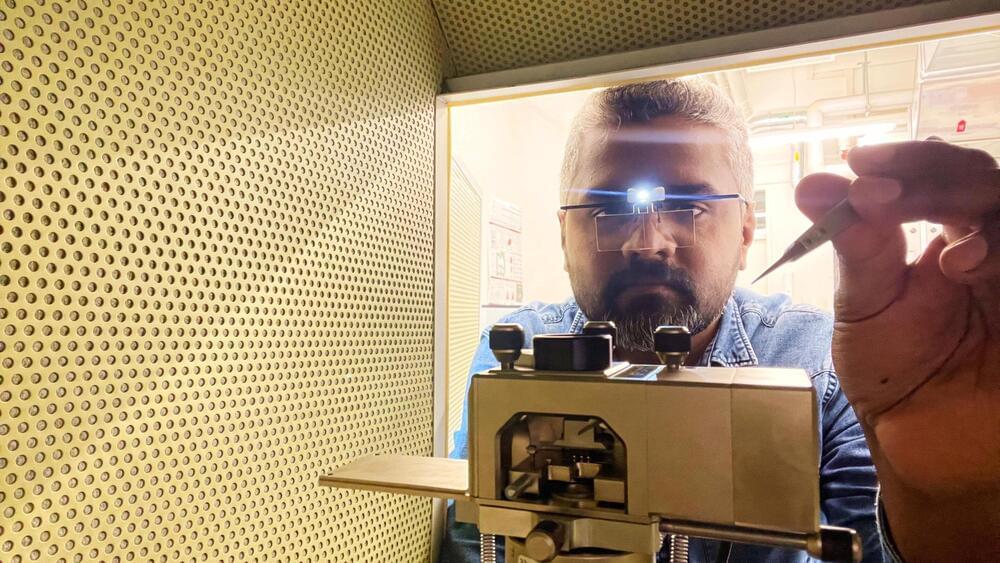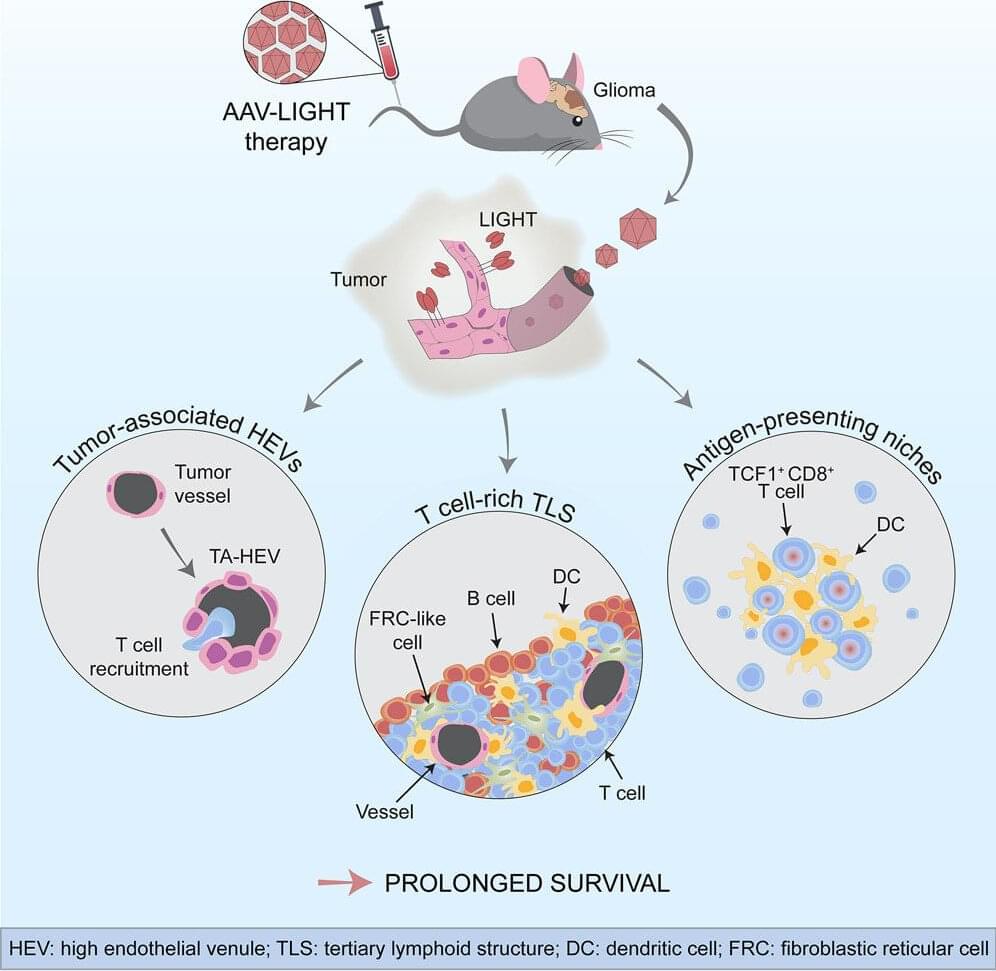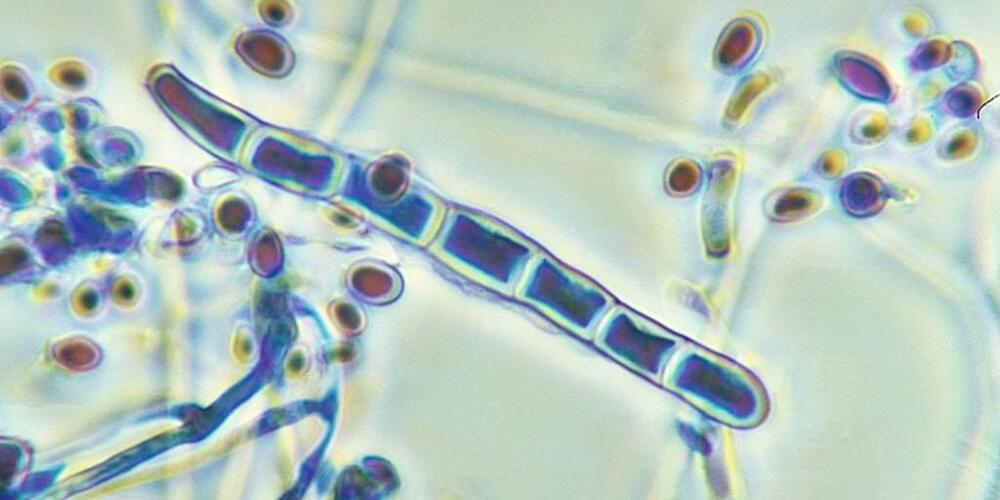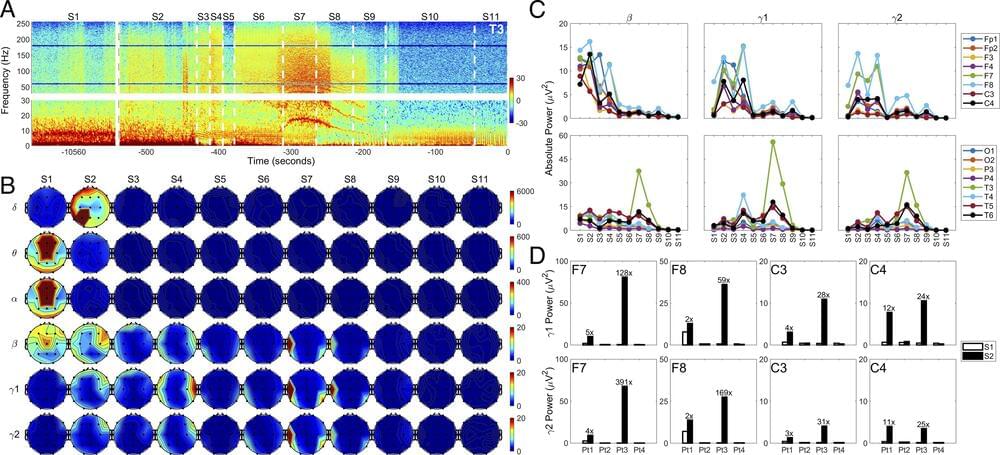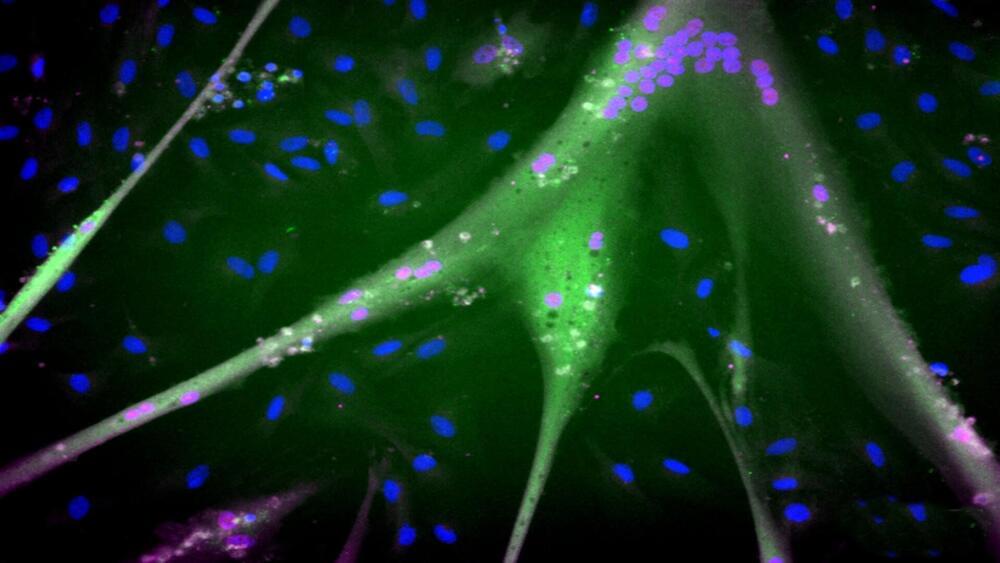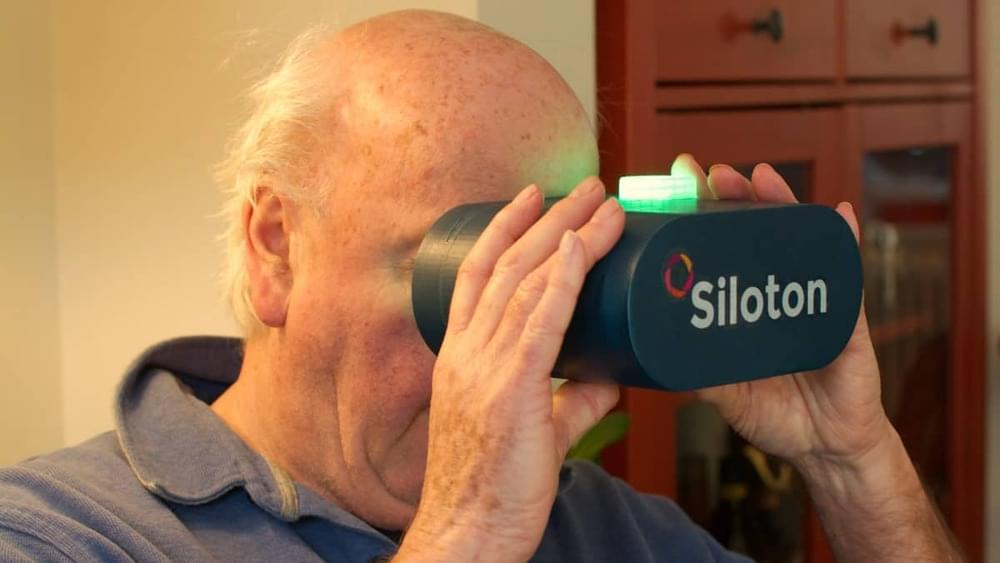May 13, 2023
New Alzheimer’s Drug Shows 35% Reduction in Cognitive Decline in Late-Stage Trial
Posted by Paul Battista in categories: biotech/medical, neuroscience
American pharmaceutical company Eli Lilly announced last week that it had seen encouraging clinical trial results of its new Alzheimer’s medication.
According to the company, their experimental drug, donanemab, was shown in a late-stage trial to slow cognitive decline by 35 percent.
While these results do sound promising, the full data is not yet released, so there’s still a lot we don’t know.
